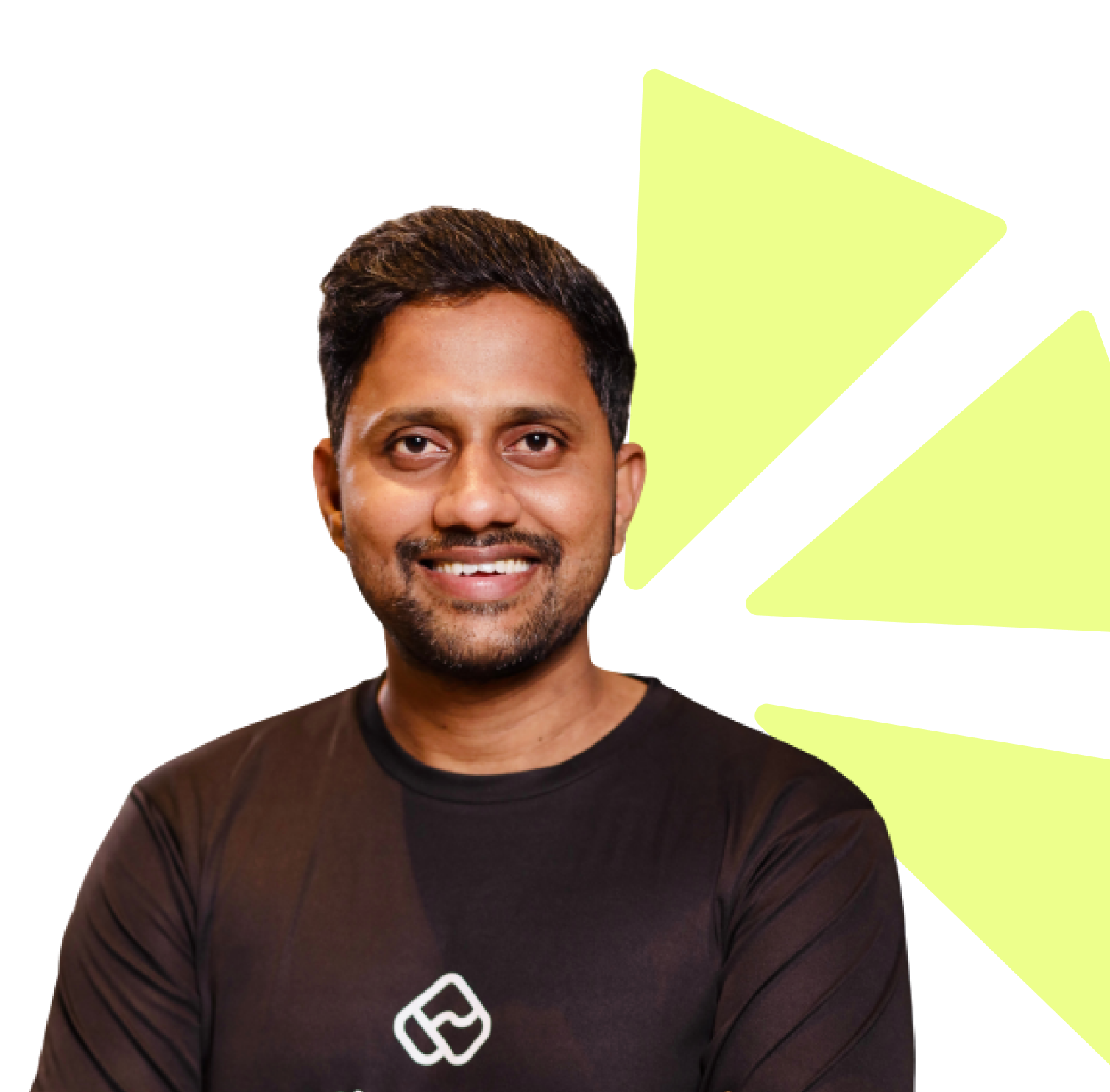
Software is eating the world but it is drowning in data and Language Models are the lifeboats.
The scale at which data is being created today is unique in human history. And this presents both challenges and opportunities. Almost every industry can either ride the data wave or be smacked by it in the head.
Another unique invention in the history of humankind is the invention of Language Models. They now offer the ability to process, analyse and synthesise a large amount of data which was previously impossible.
Pharmaceutical industry is one such industry which needs to process massive amounts of data. The R&D/Business Development departments of pharmaceutical companies rely on discovering, deciphering, interpreting, reading, analysing and articulating ~1.3M Research Papers available in the public domain. Plus more than 100M pages of total available pharmaceutical docs available including Clinical & Regulatory docs, Scientific docs, Business marketing docs and Intellectual Property docs.
And because it’s a highly competitive and a highly regulated industry it’s imperative that they analyse all the possible datasets. A mistake could result in potentially loss of millions of dollars or worse shutting down.
And most of this analysis is done manually which makes the industry inefficient overall. Everyone in tech has heard of Moore’s law but while talking to Pienomial team I came across an interesting but disappointing law, Eroom’s Law. Which means that in pharma the cost of drug discovery keeps increasing and every next generation gets more expensive.
Here are a few stats to add some perspective: By the time a drug lands on a pharmacy shelf, pharma companies spend around $2.3 billion per drug on average. Around $3B is spent every year because of inaccuracies in data, analytics during the drug discovery and formulation phase. In the U.S. about 40,000 trials occur each year, yet only around 40 drugs gain approval. Among all the players in the healthcare industry pharma gets about 13% of total revenue.
So it’s both good for the industry and the world that they get more efficient and leverage tech as much as possible. With LLMs coming on the scene the pharma industry is keen on adopting it but accuracy matters a lot. Remember the first sentence, language models can be a lifeboat to an industry drowning in data but an inaccurate language model can be a leaky boat.
And this inefficiency and inaccuracy is what our latest investment Pienomial is addressing head on. Pienomial founders amongst them have decades of experience in the life sciences and healthcare industry. Sanat and Omkar are serial entrepreneurs and pack the domain expertise and have been working on and studying AI/ML models for more than a decade now.
At Pienomial they are on a mission to accelerate the process of drug development. They do this by enabling R&D teams at Big Pharma companies to process and analyse the vast amount of data and information available on public and private domains and predict analytical outcomes.
Legacy consulting companies and young startups are trying to solve this problem using LLMs(Large Language Models). But the Pienomial team learned that the LLMs are able to reach an accuracy of 60% at best which doesn’t meet the needs of the industry.
Pienomial has built their own proprietary language model which is able to achieve accuracy above 95%. The deep sector knowledge of the Pienomial team enables them to fine tune these neural network algorithms to produce accurate results. While at the same time ensuring data privacy and document traceability, which is a mission critical requirement at pharma companies.
Plus Pienomial’s Language Model Graph learns continuously from publicly available information and lets users input private data, docs, excel sheets, PowerPoints etc. to produce analytical outcomes with user friendly interfaces like chatbots.
Apart from death and taxes the third thing we can be sure about is exponential increase in data going forward. And as the industry moves towards personalised medicine the demand for sophisticated algorithms is going to be a competitive advantage.
By combining algorithmic precision with industry expertise, Pienomial addresses some of the most pressing challenges in drug development and approval. Our investment in Pienomial reflects our belief in the company’s potential to redefine the landscape of life sciences, driving efficiency, accuracy, and innovation in an industry that impacts billions of lives globally.
Siddhartha Ahluwalia
Siddhartha Ahluwalia is the Managing Partner at Neon Fund and host of The Neon Show, one of the top business podcasts focused on the India-US startup ecosystem. He previously founded Addodoc (a B2B SaaS CRM for pediatricians) and Babygogo (a healthtech startup acquired by Sheroes). He later worked at Prime Ventures and led the SaaS Ecosystem at AWS India before starting Neon Fund. With deep expertise in 0-1 startup building, he helps founders scale B2B SaaS companies in the US from $0 to $10M ARR.






